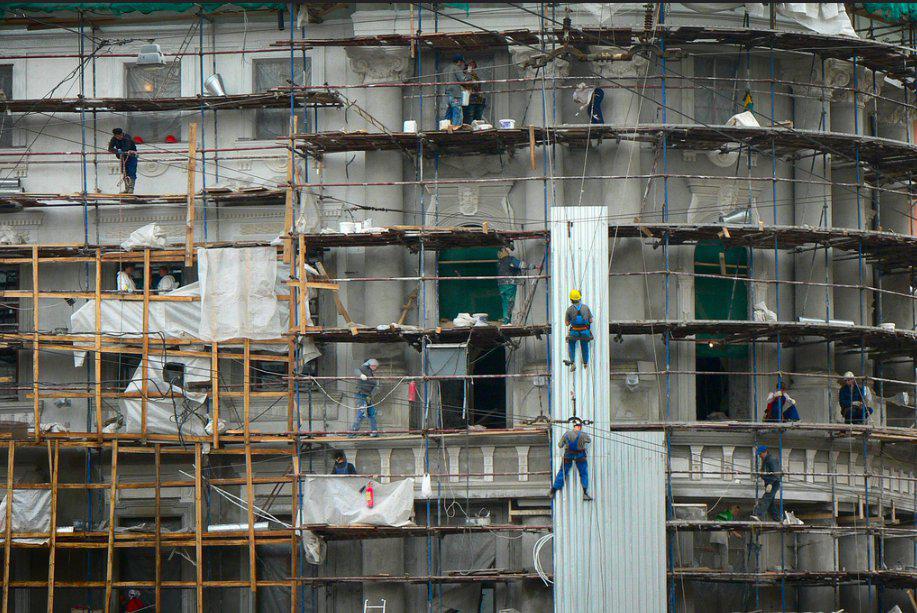Think Efficiency first to address the energy and climate crisis

More than 20 organisations join EU-ASE in an open letter addressed to the EU negotiators revising the Energy Efficiency Directive. It calls for an effective implementation of the Energy Efficiency First principle in all of the EU, national and local policy, planning and investment projects regardless of the size of investments.
With the revision of the Energy Efficiency Directive (EED), the EU Institutions are due to agree in trialogue negotiations on provisions that introduce in the regulatory framework the implementation of the “Energy Efficiency First” Principle.
This letter, co-signed by European business organisations, housing associations and NGOs, calls on the EED negotiators to agree on applying the principle without monetary thresholds that could rule out its application in many local projects having an impact on the energy system, therefore missing the potential energy efficiency can have for the economy, society and the climate.
In a fast-changing political and economic environment, 2025 was a year of continued efforts to strengthen security, stability, and competitiveness for European businesses.
Throughout the year, our work demonstrated that energy efficiency is not only essential to achieving climate goals, but also a key driver of innovation, energy independence and sustainable long-term growth across Europe.
Strong engagement with policymakers, combined with the successful organisation of the 4th European Energy Efficiency Day, highlighted the importance of collaboration and dialogue in advancing shared objectives. Partnerships across sectors and institutions remained central to delivering impact and shaping effective energy policies.
Looking ahead to 2026, we will intensify our efforts to secure the regulatory certainty that can accelerate the energy transition, while providing businesses with the investment confidence they need and strengthening Europe’s competitiveness.
Read the full Activity Report here.








